Jul
2010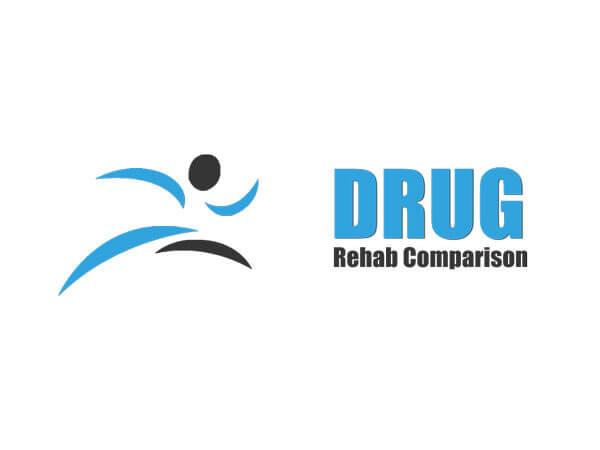

In the early 1950s, a new disorder was identified based on a person's reaction to traumatic events experienced in his or her life: Post Traumatic Stress Disorder. Self-medicating through illicit drugs or through the abuse of alcohol is not an uncommon response to this disorder; some professions are more liable to have its practitioners experience trauma than others, placing them at risk for substance abuse.
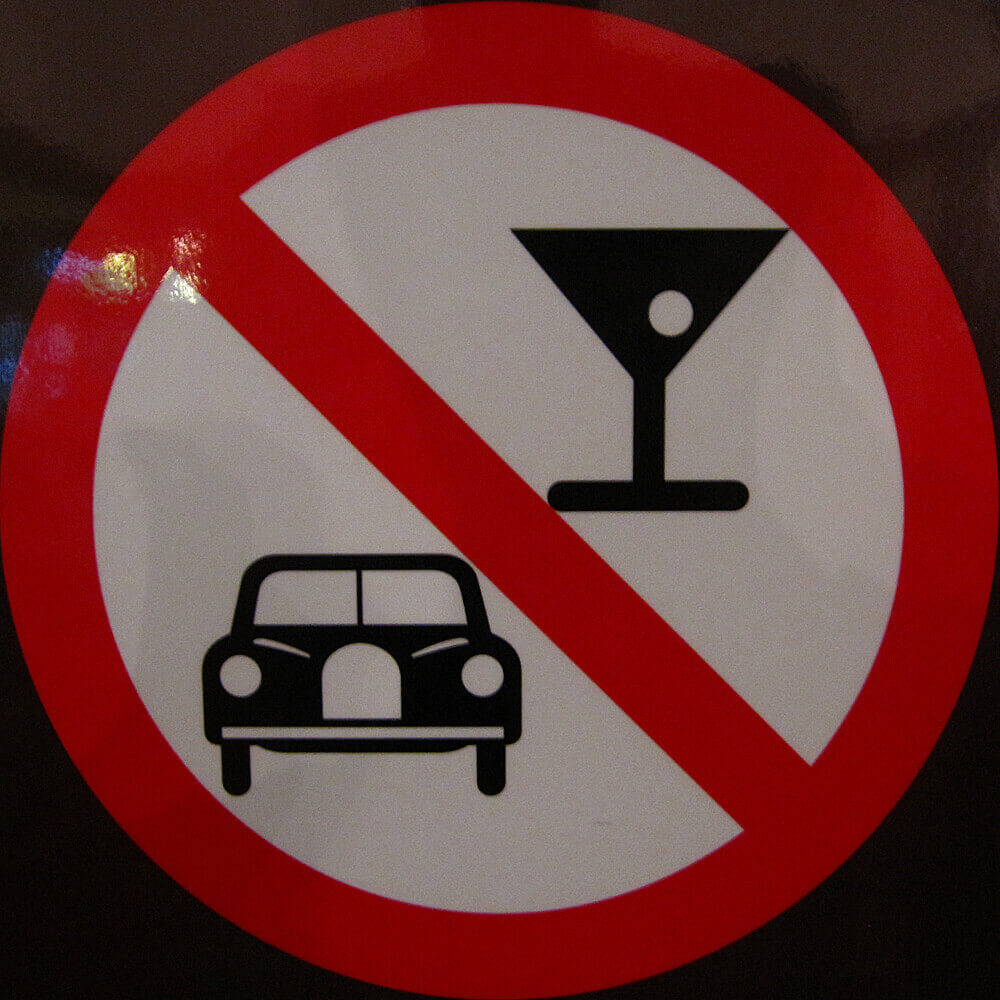
From 1982 to 2008, drunk driving statistics suggested that the number of total fatalities is falling. In 1982, there were 43,945 car accident fatalities. Out of that number, 26,173 deaths were alcohol-related, or about sixty percent of the total. About 26 years later, though, the total number of fatalities was 37,261, with only 13,846 deaths attributed to the involvement of alcohol, a drop down to 37 percent.
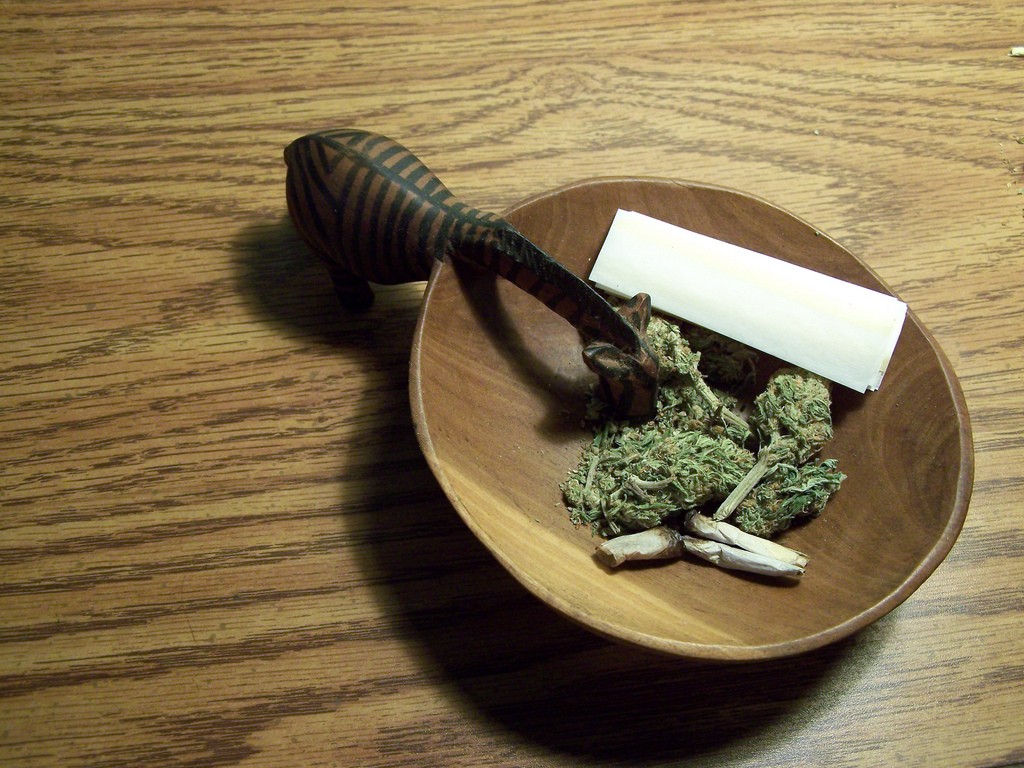
In the United States, the most commonly used illicit drug is marijuana. Some users and legalization activists feel there are no negative effects to this drug, while some scientific research indicates the drug can cause a variety of different health problems. What are the effects of smoking marijuana?
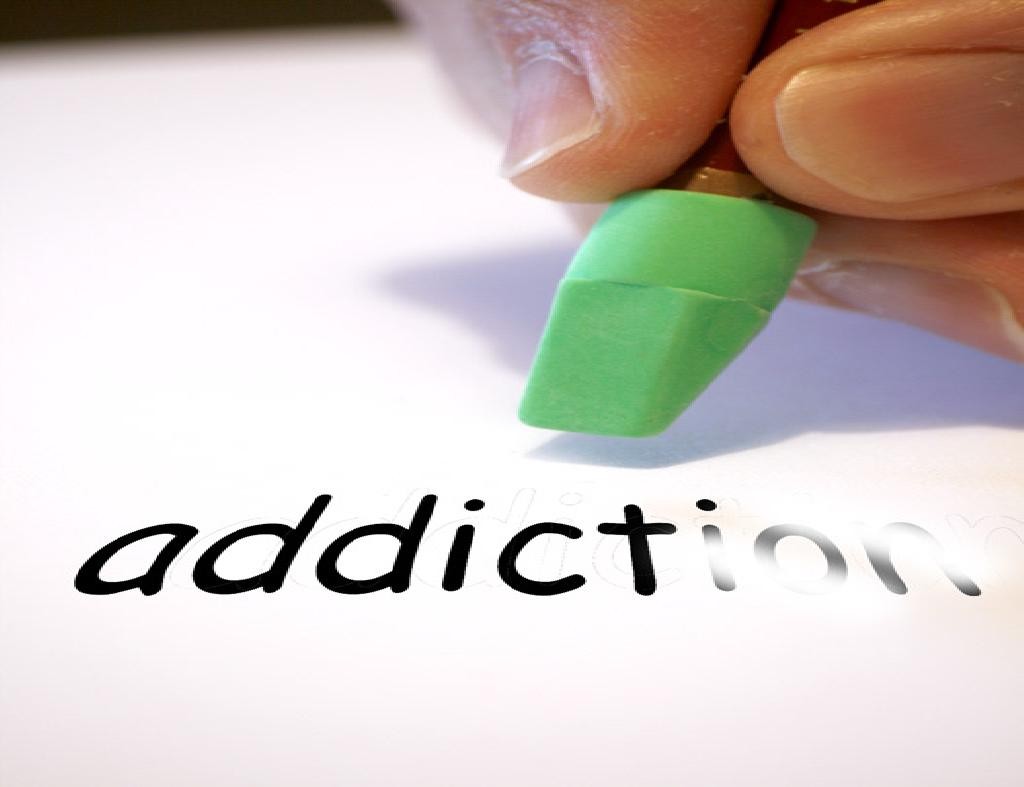
How do you spot the signs of someone who is a heroin user? Heroin is a substance synthesized from morphine in opium poppy seeds; it works by mimicking the actions of the naturally occurring endorphins in the brain and produces an euphoric effect. While injection is generally the means of using this highly addictive opiate, snorting and smoking are also methods employed to take the drug. If you suspect your teenager or a friend is using, look for these signs:
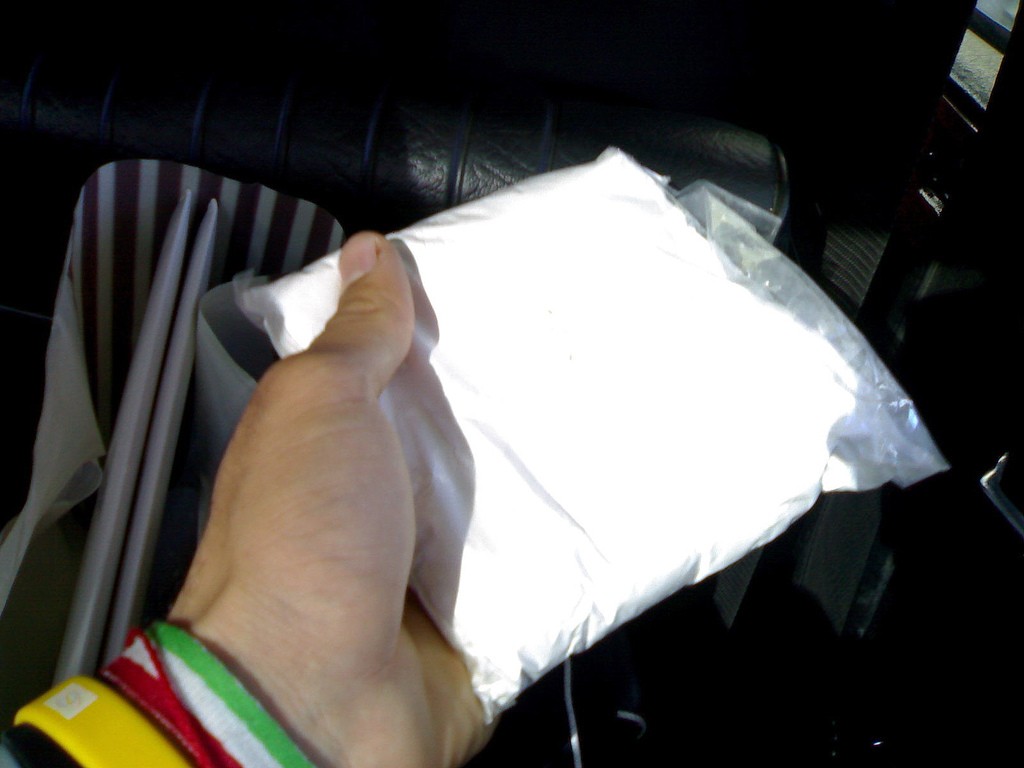
Snow, Nose Candy, Toot, Dust, Coke, Powder, White Pony, Flake, Rock, Crack, and The Lady -- these are all street names at one time or another for cocaine. What are the facts about this drug that's extracted from the leaves of the South American coca plant? Cocaine, which affects the central nervous system of the body, looks like a white powder, often mixed in with sugar, vitamins, cornstach, and flour. Crack cocaine will look like a small rock, a little chip that has an off-white or pinkish color. It's a drug that may be injected, sniffed, snorted, or smoked.


Chronic drug abusers will often suffer as well from a serious mental disorder; this condition is known as a co-occurring disorder or a dual diagnosis. A chronic drug abuser may be defined as a person who abuses drugs to the point that it injures his or her health or otherwise interferes in a substantial way with the ability to function either socially or economically. If a person has lost the ability to exercise self-control concerning the use of drugs, then that person is also considered a chronic drug abuser.

Is there a relationship between eating disorders and substance abuse? At least one study, known as "Food for Thought - Substance Abuse and Eating Disorders," shows that up to 50 percent of individuals with an eating disorder also abuse alcohol or illicit drugs, as opposed to nine percent of the general population. On the flip side of this, up to 35 percent of alcohol or illicit drug abusers have eating disorders, while the figure for the general public with eating disorders is only three percent.